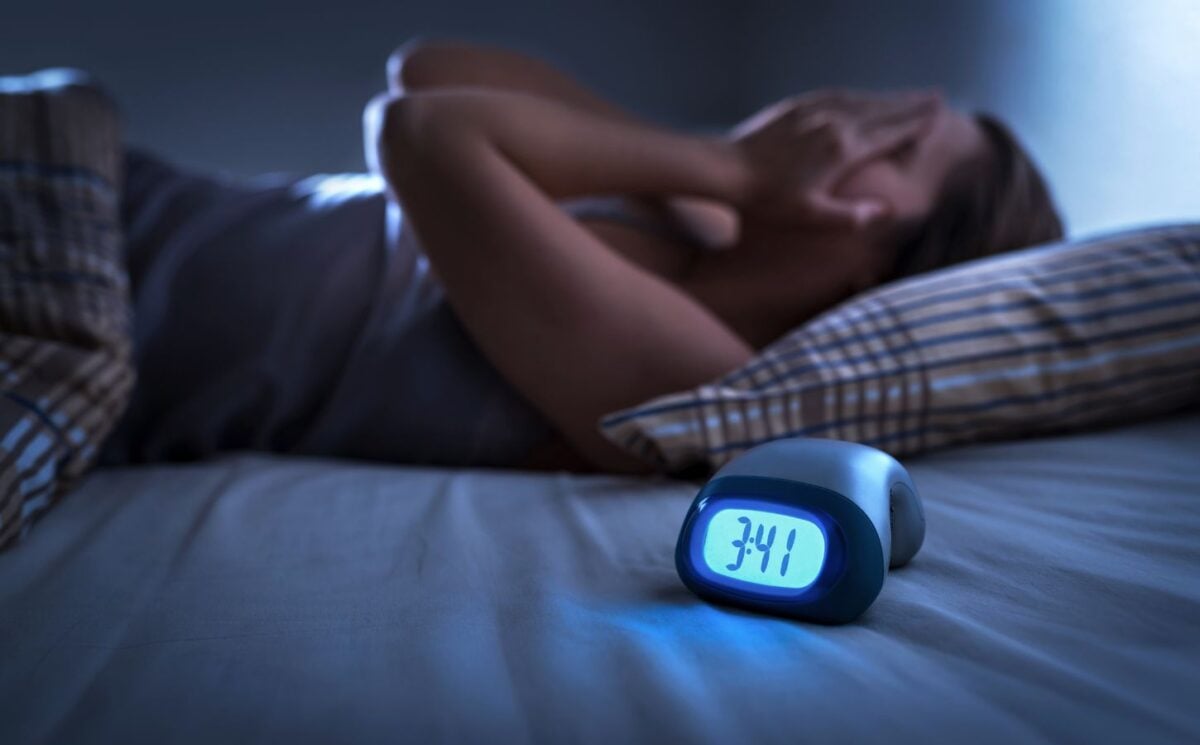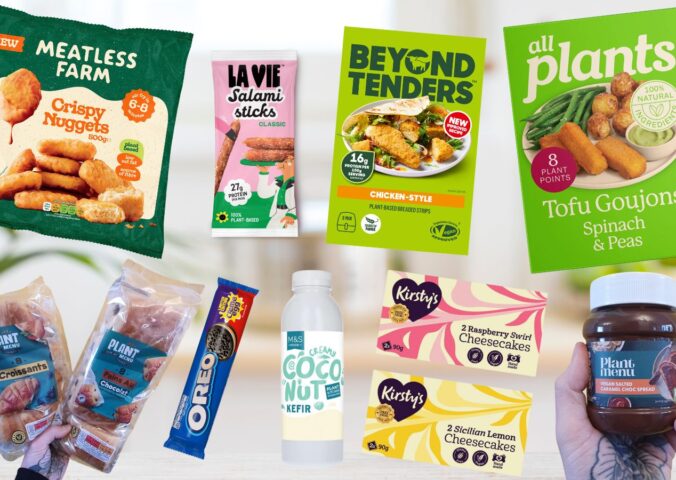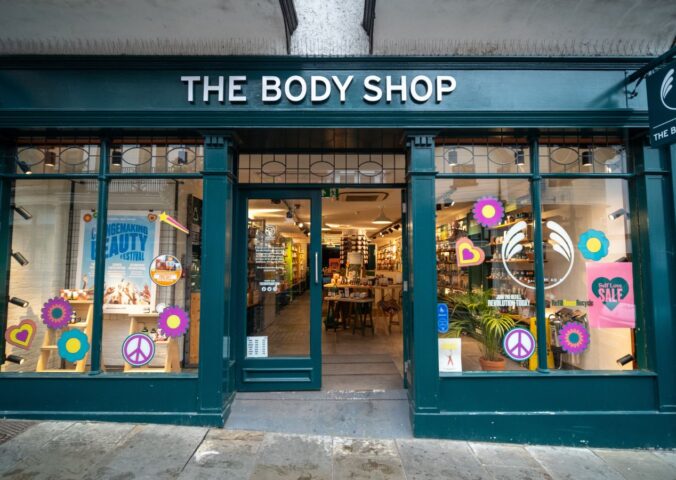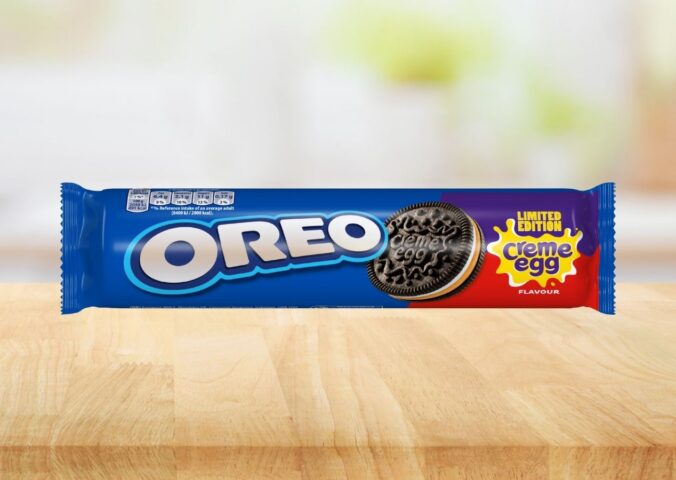Sleep can be elusive, and while we often blame stress, screens, and poor sleep hygiene, what we eat might be the biggest culprit. In a recent episode of The Exam Room Live podcast, The Physicians Committee for Responsible Medicine (PCRM) shared a comprehensive breakdown of the link between diet and sleep, along with a few surprising habits that may directly impact how well we rest.
At the center of the discussion is Dr Neal Barnard, president of PCRM, best-selling author, and longtime advocate for plant-based health.
Read more: Herbal Teas To Boost Energy, Immunity, Sleep, And Love
In the podcast, Barnard breaks down a Columbia University study that looked at the effects of different foods on sleep fragmentation in healthy young adults. The study used actigraphy – wrist-based monitors that detect sleep disruptions – to track how diet affected rest quality. Barnard says the author’s findings have big implications for anyone struggling to get a good night’s sleep.
The potential link between diet and sleep
According to Barnard’s analysis, the study found that carbohydrates are the most sleep-promoting nutrients referenced in the study. “When I say promote sleep, I mean you lie down and your sleep onset – how long does it take for you to nod off – [is] much quicker if you’ve had carbohydrates earlier in the day,” he says.
Whole grains, starchy vegetables, and beans all scored high for supporting quicker and deeper sleep. Protein-heavy meals, on the other hand, were found to be a major disruptor of rest. High protein intake was linked not just to trouble falling asleep, but also to a delayed REM phase, which is the critical part of sleep when the brain consolidates emotions and memories.
“It really interferes with the body’s normal sleep architecture,” Barnard explains.
The truth about protein sources and fat
While plant-based staples like beans and soy are often high in protein, Barnard clarifies that it’s not just about grams of protein per portion; fat content matters too. Beans, for example, are extremely low in fat, unlike popular animal sources like bacon.
“Protein is bad for sleep, fat’s bad for sleep, and so [are] animal products – big problem,” he says.
He adds that total calorie intake didn’t appear to negatively impact sleep quality. In fact, people who ate more tended to sleep better, possibly because stable blood sugar throughout the night helps prevent wakefulness.
Specific foods that promote sleep
Melatonin, a natural compound produced by the body, is thought to promote sleep. A few foods stood out to Barnard in the study for their potential melatonin-boosting effects, including tart cherry juice, tomatoes, and wheat-based products like bread and pasta. But Barnard cautions not to obsess over individual ingredients.
“I think… The better answer is starchy foods seem to help,” he says. “I also think that there’s something about wheat.”
Interestingly, the study found that both refined and whole carbs helped with sleep, though whole grains offer additional gut health benefits.
Why red meat and processed foods disrupt sleep
According to Barnard, red and processed meats were among the worst offenders for fragmented sleep. High in both protein and saturated fat, these foods are also packed with preservatives like nitrates and sodium.
“That combination of protein and fat is just poison when it comes to trying to get a good night’s sleep,” Barnard warns in the video. He adds that these meats are already linked to conditions like colorectal cancer, diabetes, and heart disease.
Caffeine and alcohol: Know how they affect you

When it comes to caffeine, Barnard says how much it affects people’s sleep can be highly individual. For example, some may metabolize it quickly, while others do not.
“You can have a cup of coffee and about a quarter of its caffeine is still circulating in your brain at 9 or 10 that night when you’re trying to sleep,” he says.
And even though alcohol might help people fall asleep, it can backfire partway through the night.
“Three in the morning, four in the morning, the aldehyde [alcohol metabolite] takes over and it’s a stimulant,” Barnard explains. “Many people find that alcohol lulls them to sleep but then wakes them up too early.”
Dr Barnard’s 5 helpful sleep rules
Toward the end of the episode, Barnard outlines five key points for better sleep:
- Understand how caffeine and alcohol affect you
These common substances may be sleep killers. Limit or avoid them, especially later in the day. - Eat more carbs, especially starchy vegetables
“There is so much carbohydrate [in potatoes] that it gives the brain what it needs to make melatonin,” Barnard says. - Move your body
Even a few push-ups or squats before bed can signal the brain that your muscles need rest. “Tired muscles will demand sleep,” he explains. - Fake a yawn – seriously
“Stretch and yawn. Do it vigorously four times and you’re going to go to sleep,” he says, citing the instinctual behavior in animals and humans alike. - A midnight snack, if needed
Woke up and can’t fall back asleep? Barnard makes a rare exception: “A little white bread will lull you back to sleep” by quickly spiking melatonin-boosting carbs.
Can food really fix insomnia?
For people struggling with chronic sleep issues, Barnard says diet is often overlooked. As with much of PCRM’s work, he emphasizes the need to understand the link between diet and health.
“There are people who have chronic insomnia, and they think, ‘Well…I’m following the Atkins diet. I’m eating meat. I’m not eating any carbs – and why can’t I sleep?’ It’s because of that diet,” he says.
In contrast to high-protein, low-carb diets like Atkins or keto, the study on sleep quality indicates that a diet high in complex carbohydrates, low in fat, and moderate in protein – especially plant-based protein – may be the key to better rest. In which case, getting a good night’s sleep might be as simple as adjusting what’s on your plate.
You can find more plant-based health videos on the PCRM YouTube channel.
Editor’s note: This article is intended as a guide only. You should always consult your doctor if you are experiencing health issues like insomnia or difficulty sleeping.
Read more: 3 Diet Changes That Can Help Ease Menopause Symptoms






